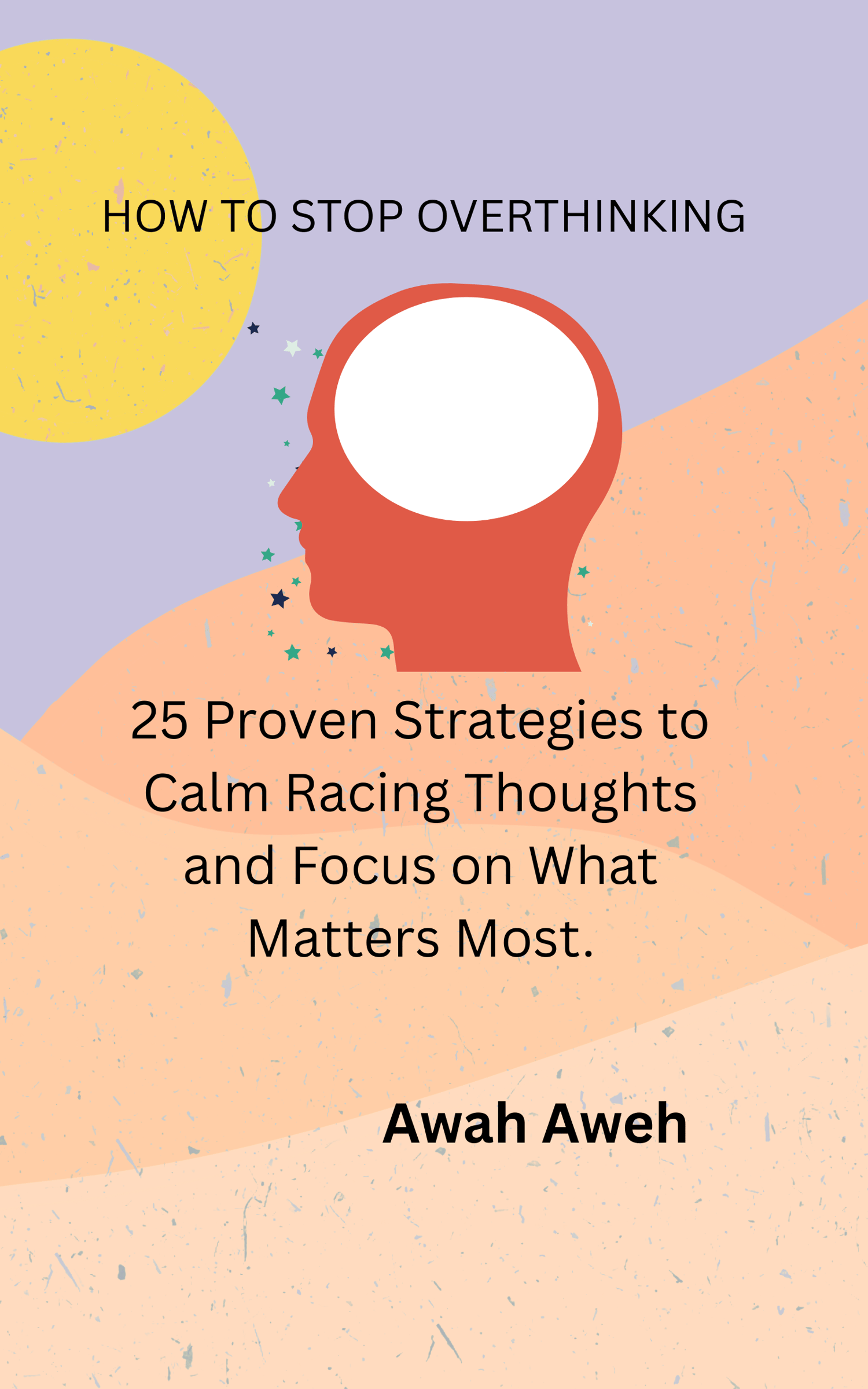In today's fast-paced world, self-care is more important than jever. But many of us feel guilty when we take time for ourselves.
We think we should always be busy or helping others. This blog post will show you how to practice self-care without that nagging guilt. Let's dive in!
What is Self-Care?
Self-care means taking time to care for yourself. It can be physical, mental, or emotional. It’s about doing things that make you feel good and help you recharge. Think of it as giving yourself permission to relax and enjoy life.
Why Self-Care is Important.
When you take care of yourself, you feel better. It helps reduce stress and improves your mood. You become more productive and can help others more effectively. Remember, you can’t pour from an empty cup!
Common Guilt Around Self-Care
Many people feel guilty about self-care. Here are some common thoughts:
- “I should be working instead.”
- “I don’t have time for this.”
- “What if someone needs me?”
These thoughts can hold you back. But self-care is not selfish. It’s a necessity. Let’s explore how to overcome that guilt.
Steps to Practice Self-Care Without Guilt.
1. Change Your Mindset.
What to Do:
Start by changing how you think about self-care. Instead of seeing it as a luxury, consider it a necessity.
When to Do It:
Begin today. Take a moment to write down why self-care is important to you.
How to Do It:
Make a list of benefits. For example, “When I take care of myself, I am happier and more productive.” Keep this list handy for when guilt creeps in.
2. Set Boundaries.
What to Do:
Learn to say no. It’s okay to put yourself first sometimes.
When to Do It:
Evaluate your commitments weekly. If you feel overwhelmed, it’s time to set boundaries.
How to Do It:
Practice polite ways to decline. You might say, “I appreciate the offer, but I need to focus on my health right now.” It’s all about balance.
3. Schedule Self-Care Time.
What to Do:
Make self-care a part of your routine. Treat it like any other appointment.
When to Do It:
Choose a specific time each week. Maybe Sunday evenings or Tuesday mornings.
How to Do It:
Use a calendar or planner. Block off this time and treat it as sacred. No interruptions allowed!
4. Start Small.
What to Do:
You don’t need to spend hours on self-care. Start with small actions.
When to Do It:
Every day! Even five minutes count.
How to Do It:
Try these quick activities:
- Take a short walk.
- Read a chapter of a book.
- Enjoy a cup of tea in peace.
5. Discover What You Enjoy
What to Do:
Find activities that bring you joy. Self-care is personal, so what works for one person may not work for another.
When to Do It:
Set aside time each month to explore new hobbies.
How to Do It:
Try different things:
- Painting or drawing.
- Gardening.
- Cooking new recipes.
- Journaling your thoughts.
6. Practice Mindfulness.
What to Do:
Mindfulness helps you stay present and reduce stress.
When to Do It:
Incorporate it into your daily routine. Try it in the morning or before bed.
How to Do It:
- Spend a few minutes focusing on your breath.
- Go for a mindful walk, paying attention to your surroundings.
- Use apps like Headspace or Calm for guided meditations.
7. Connect with Others.
What to Do:
Build a support system. Share your self-care journey with friends and family.
When to Do It:
Make it a regular check-in. Maybe once a week or month.
How to Do It:
- Share your self-care goals with someone supportive.
- Join a group or class focused on wellness.
- Schedule regular catch-ups with friends who uplift you.
8. Practice Gratitude.
What to Do:
Gratitude helps shift your focus from guilt to appreciation.
When to Do It:
Start or end your day with gratitude.
How to Do It:
- Keep a gratitude journal. Write three things you’re thankful for each day.
- Share your gratitude with others. A simple “thank you” can go a long way.
9. Celebrate Your Efforts
What to Do:
Recognize and celebrate your self-care efforts.
When to Do It:
After completing a self-care activity or at the end of the week.
How to Do It:
- Treat yourself to a small reward, like a favorite snack or a movie night.
- Share your accomplishments with friends. They can celebrate with you!
Overcoming Guilt
Remember, guilt is a feeling, not a fact. When it arises, remind yourself that self-care is essential. It’s okay to take time for yourself. You deserve it!
Final Thoughts
Self-care is a journey, not a destination. It takes practice and patience. Start small, set boundaries, and make it part of your routine. Soon, you’ll find that taking care of yourself feels natural and guilt-free.
So, what are you waiting for? Start your self-care journey today. You’ll thank yourself later!












.jpg)


No comments:
Post a Comment